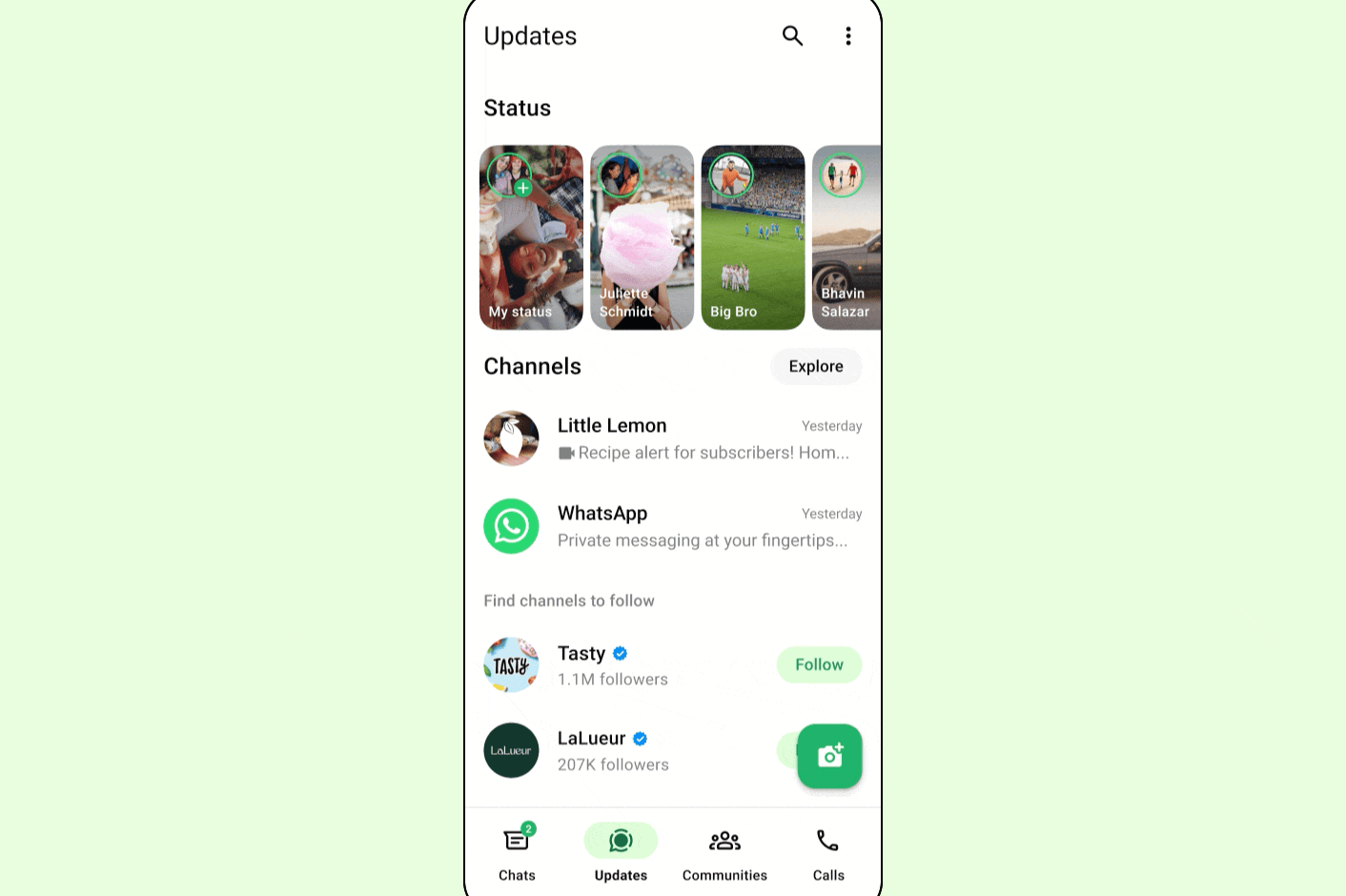It’s been a long time coming and now it’s finally here. Meta has officially begun rolling out ads on WhatsApp.
After years of speculation (and hesitation), Meta announced on Monday that WhatsApp will now display sponsored content within its Status feature, the platform’s equivalent of Instagram Stories. That means the next time you check out a friend’s disappearing video or photo in the Updates tab, don’t be surprised if a brand pops up too.
Also Read | Snapchat Adds New Lens+ Subscription Tier for $8.99/Month
The move marks a significant shift for the app once heralded for its ad-free ethos. WhatsApp’s original founders were famously anti-advertising, a philosophy that held strong until Meta’s acquisition. While the company backtracked on in-app ad plans in 2020, that was always likely to be a pause not a full stop.
Now, the monetization era begins.
What You’ll See (and Why It Matters)
The ads will be served based on “limited” user info. Think city, language, followed channels, and your ad interactions across Meta platforms. According to Meta, your private messages, calls, or group activity won’t be used to target ads, and your phone number won’t be shared with advertisers.
Meta is positioning this as a non-intrusive approach to monetization: “We believe the Updates tab is the right place for these new features to work,” the company said in its statement. Translation? We’re keeping the ads away from your chats, for now.

More Changes on the Way
Alongside the ad rollout, WhatsApp is also giving its Channels feature a boost. When exploring new channels to follow, you’ll now see promoted ones mixed in with organic recommendations. Channels can now also offer exclusive content for subscribers, a move that nods to the platform’s ambition to become more than just a messaging app.
The Bigger Picture
With over $160 billion in ad revenue last year, Meta is always looking for the next frontier. WhatsApp has long been the sleeping giant of the portfolio, a globally dominant platform with massive engagement but minimal monetization. That’s about to change.
The bottom line? Ads on WhatsApp aren’t a surprise. But how they’re integrated, and how users respond, will shape the next chapter of the platform.
